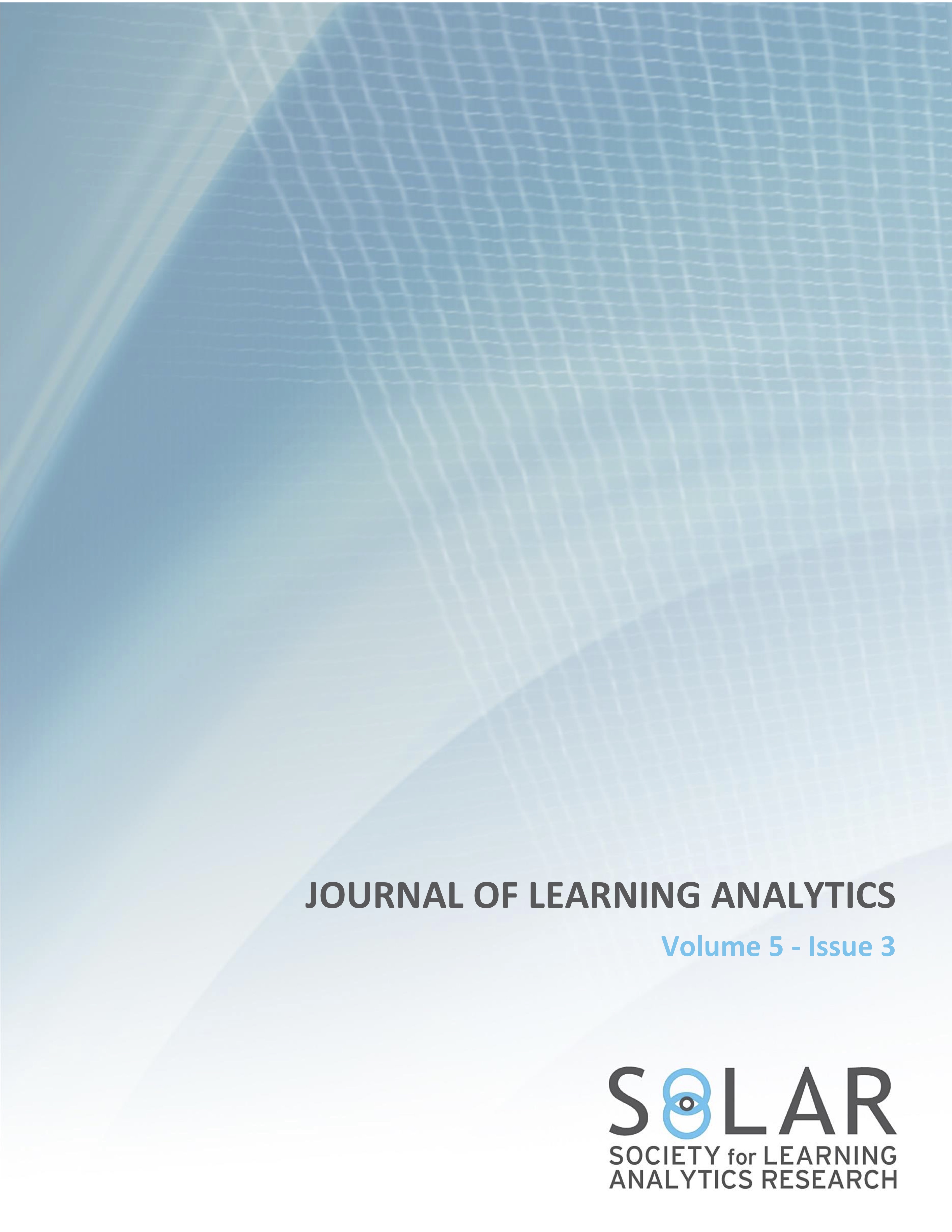Student Ability Best Predicts Final Grade in a College Algebra Course
DOI:
https://doi.org/10.18608/jla.2018.53.11Keywords:
Algebra, Learning Analytics, Instruction Mode, MathematicsAbstract
Historical student data can help elucidate the factors that promote student success in mathematics courses. Herein we use both multiple regression and principal component analyses to explore ten years of historical data from over 20,000 students in an introductory college-level Algebra course in an urban American research university with a diverse student population in order to understand the relationship between course success and student performance in previous courses, student demographic background, and time spent on coursework. We find that indicators of students’ past performance and experience, including grade-point-average and the number of accumulated credit hours, best predict student success in this course. We also find that overall final grades are representative of the entire course and are not unduly weighted by any one topic. Furthermore, the amount of time spent working on assignments led to improved grade outcomes. With these baseline data, our team plans to design targeted interventions that can increase rates of student success in future courses.
Downloads
Published
How to Cite
Issue
Section
License
TEST


